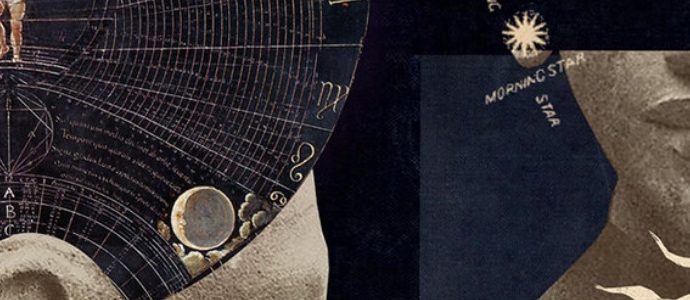New Fractal Experiments Support the Idea of Quantum Consciousness
The results of a new series of experiments suggests that microscopic structures within the brain could support the concept of quantum consciousness, an idea put forward by University of Arizona professor Dr. Stuart Hameroff and Nobel Laureate Sir Roger Penrose in the 1990s. These findings “could provide the foundations for scientists to experimentally test theread more
